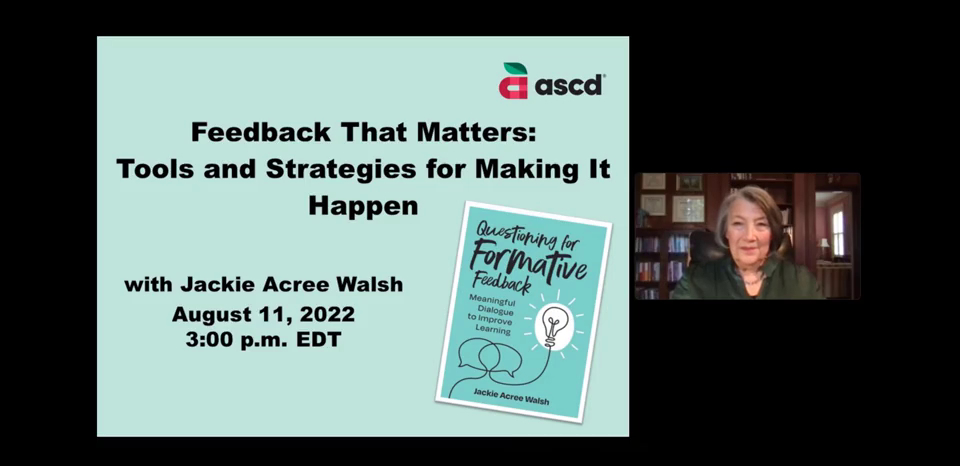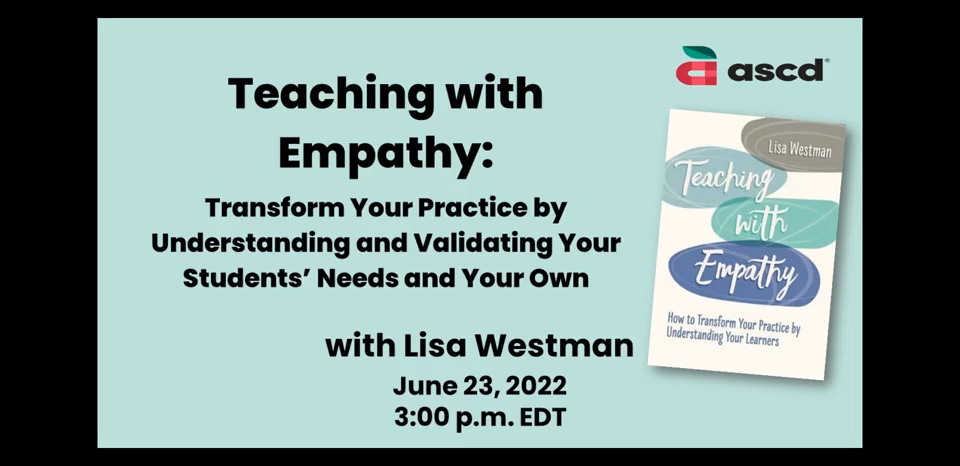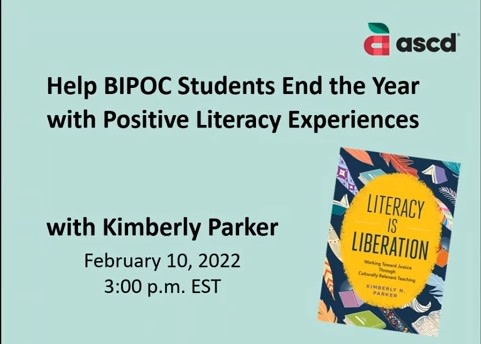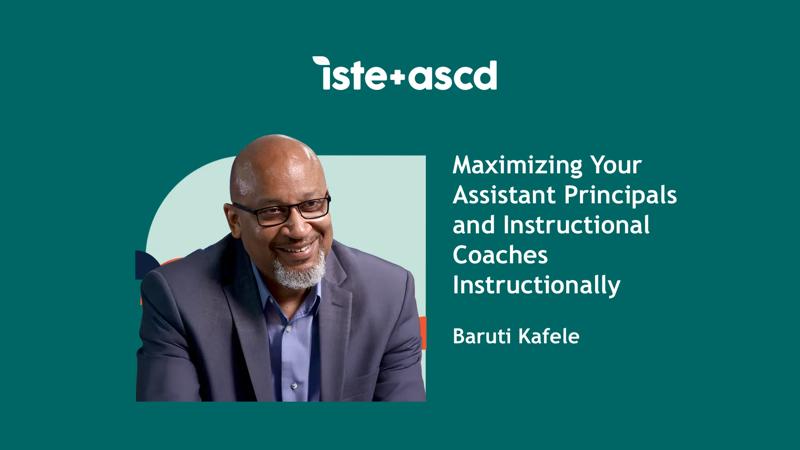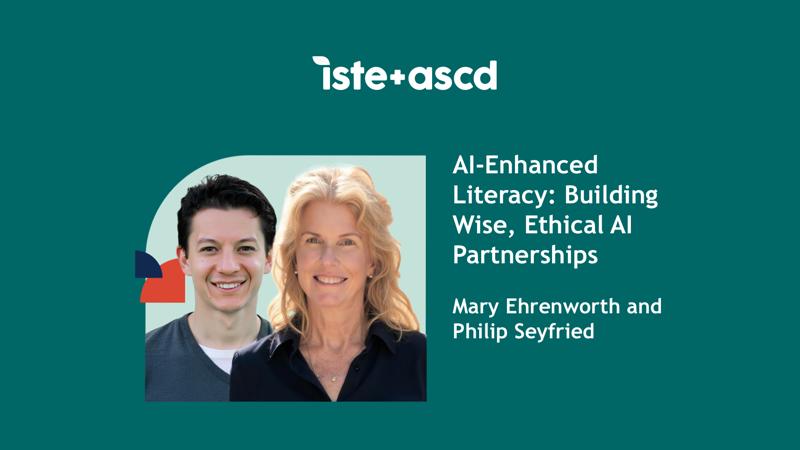Teaching Strategies
ESSA: Professional Development for Educators
9 years ago
In this Webinar
ESSA recognizes that the learning and development of educators is essential to building their capacity to help students succeed, and it includes new provisions aimed to help educators grow. The law expands the definition of educator professional development to better support all school staff, including paraprofessionals. The federal definition of and requirements for highly qualified teachers are eliminated, although educators must still comply with state certification and licensure policies. ESSA also eliminates the NCLB waiver requirements for teacher evaluations—but it stipulates that if Title II funds are used for evaluations, multiple measures must be used to assess educators.


